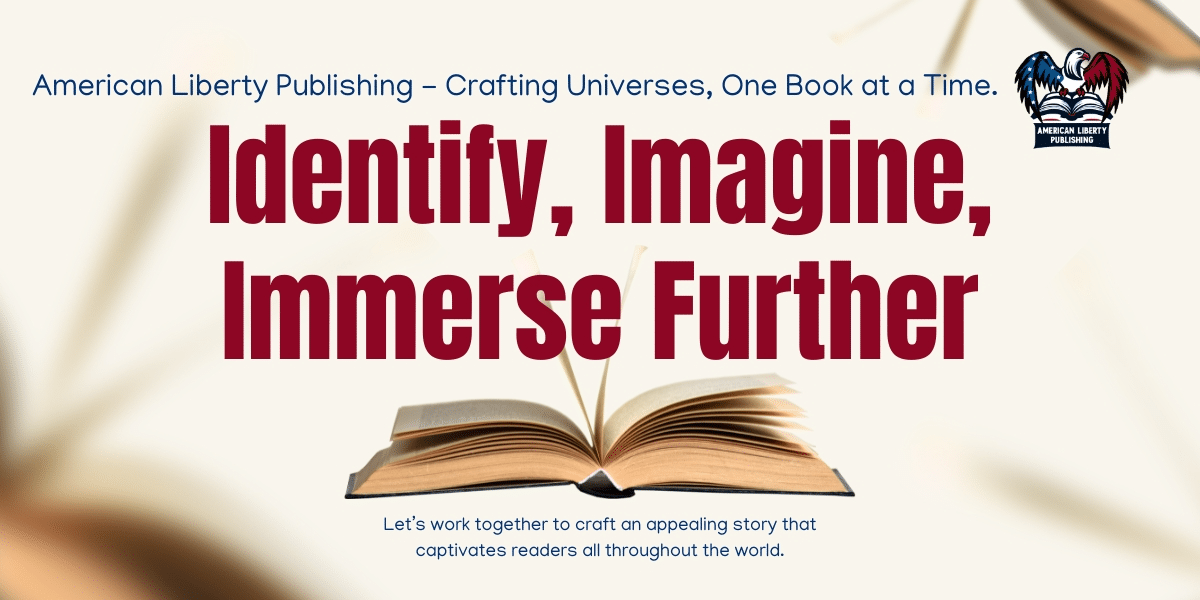Hendrickx Toussaint is a distinguished figure in the realm of mental health, known for his groundbreaking work in men’s wellness and community-based mental health advocacy. With a career spanning over two decades, Toussaint has dedicated his life to addressing the unique challenges faced by men in expressing and managing their emotions in a society that often imposes restrictive stereotypes.
A staunch advocate for creating safe spaces for open dialogue, Toussaint has been instrumental in highlighting the significance of community hubs, notably barber shops, in fostering men’s emotional well-being. He champions these spaces not only for their traditional role in grooming but more so for their capacity to serve as sanctuaries of support, discussion, and male bonding. His innovative approach intertwines the informal, warm atmosphere of these community centers with structured mental health support, providing a holistic approach to wellness.
Toussaint’s philosophy is deeply rooted in the power of shared narratives and legacy. He believes in the strength of stories to connect individuals, inspire resilience, and combat challenges like burnout. His work often underscores the importance of drawing from past experiences and communal wisdom to build a healthier, more emotionally articulate future for men.
Beyond his community work, Toussaint is a respected speaker and consultant, regularly contributing his insights to workshops, seminars, and publications. His empathetic, inclusive, and innovative strategies continue to break new ground in men’s mental health, making him a pivotal figure in transforming how society approaches and supports male emotional wellness.
Interview with Hendrickx Toussaint: Insights on Men’s Wellness and the Power of Community Spaces
Mr. Toussaint, you’re known for your expertise in mental health, particularly in men’s wellness. Could you explain why this focus is important in today’s world?
Hendrickx Toussaint: Absolutely. In today’s fast-paced world, men are often under immense pressure to conform to traditional roles of being strong and unemotional. This can lead to significant mental health issues, as many men feel unable to express their feelings or seek help. Focusing on men’s wellness means addressing these societal pressures and providing avenues for men to understand and express their emotions in healthy ways. It’s crucial for both individual well-being and the health of our communities.
You’ve spoken about the unique role of barber shops in men’s emotional health. Can you elaborate on why you think these spaces are so effective?
Hendrickx Toussaint: Barber shops offer a rare space where men can be themselves without fear of judgment. These are places of trust and familiarity, where conversations naturally delve into personal and sometimes vulnerable territories. Barber shops act as informal support networks, offering both a listening ear and collective wisdom. They break down the barriers men often face in discussing their emotions, creating a sense of community and belonging that’s essential for emotional well-being.
Your approach often includes drawing strength from personal stories and legacy. Why do you believe this is an effective tool against challenges like burnout?
Hendrickx Toussaint: Stories are powerful. They connect us to our past, present, and future. Drawing strength from our legacy and the resilience of those who came before us can be a powerful antidote to the feelings of burnout. It’s about understanding that we’re part of a larger narrative, one that includes overcoming obstacles and enduring through challenging times. These stories inspire and remind us that resilience is part of our heritage and identity.
In your view, what role do shared stories play in a community’s health, especially in the context of mental wellness?
Hendrickx Toussaint: Shared stories are the bedrock of community health. They foster empathy, understanding, and a shared sense of purpose. When people share their stories, they not only offload their own burdens but also offer support and insight to others. This sharing creates a supportive network that can be pivotal in maintaining mental wellness, particularly in environments where professional mental health resources might be lacking or stigmatized.
What are your thoughts on integrating more structured mental health support into community spaces like barber shops?
Hendrickx Toussaint: Integrating structured mental health support into places like barber shops is an innovative and necessary step. It would allow for early identification of mental health issues and provide a bridge to professional help in a familiar and trusted environment. This can be particularly effective in communities where there might be a stigma attached to seeking mental health services. It’s about bringing support to where people are in a way that feels organic and non-threatening.
Finally, what message do you want to share with individuals who might be struggling with mental health issues or burnout but are hesitant to seek help?
Hendrickx Toussaint: My message is simple: You are not alone, and seeking help is a sign of strength, not weakness. Mental health struggles and burnout are common, and there’s strength in acknowledging when you need support. Whether it’s talking to someone you trust, engaging in community spaces, or seeking professional help, taking that first step is crucial. Remember, your story is important, and there are people who want to hear it and support you through it.
Key Takeaways
- Addressing Societal Pressures in Men’s Mental Health: Toussaint emphasizes the importance of focusing on men’s wellness in a world where traditional expectations often pressure men to suppress emotions. He highlights the need to provide ways for men to healthily understand and express their emotions, noting this as crucial for both individual well-being and the health of our communities.
- The Significance of Community Spaces like Barber Shops: Barber shops are seen as unique, judgment-free zones where men can freely express themselves. Toussaint values these spaces for their role in facilitating open conversation and providing informal support networks. This environment helps to break down barriers in discussing emotions, fostering a sense of community and emotional well-being.
- Leveraging Personal Stories and Legacy for Resilience: Toussaint advocates for using personal stories and the legacy of resilience as tools against challenges like burnout. He believes in the power of shared narratives to foster empathy, support, and community health, particularly in environments with limited access to mental health resources. This approach not only connects individuals to their past but also inspires and strengthens their ability to overcome current challenges.









